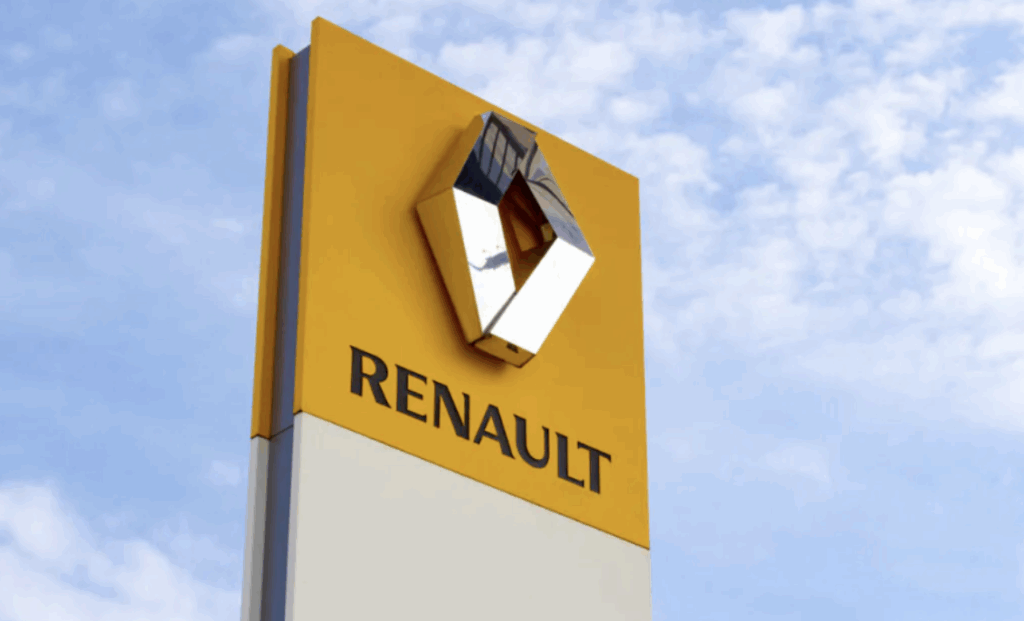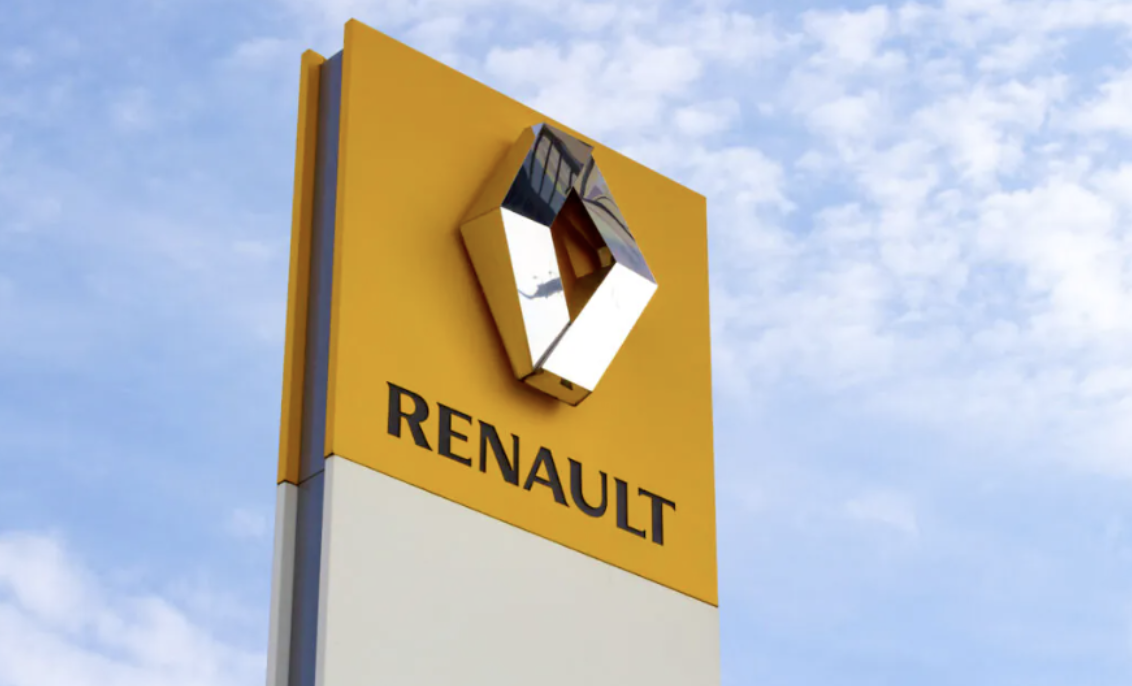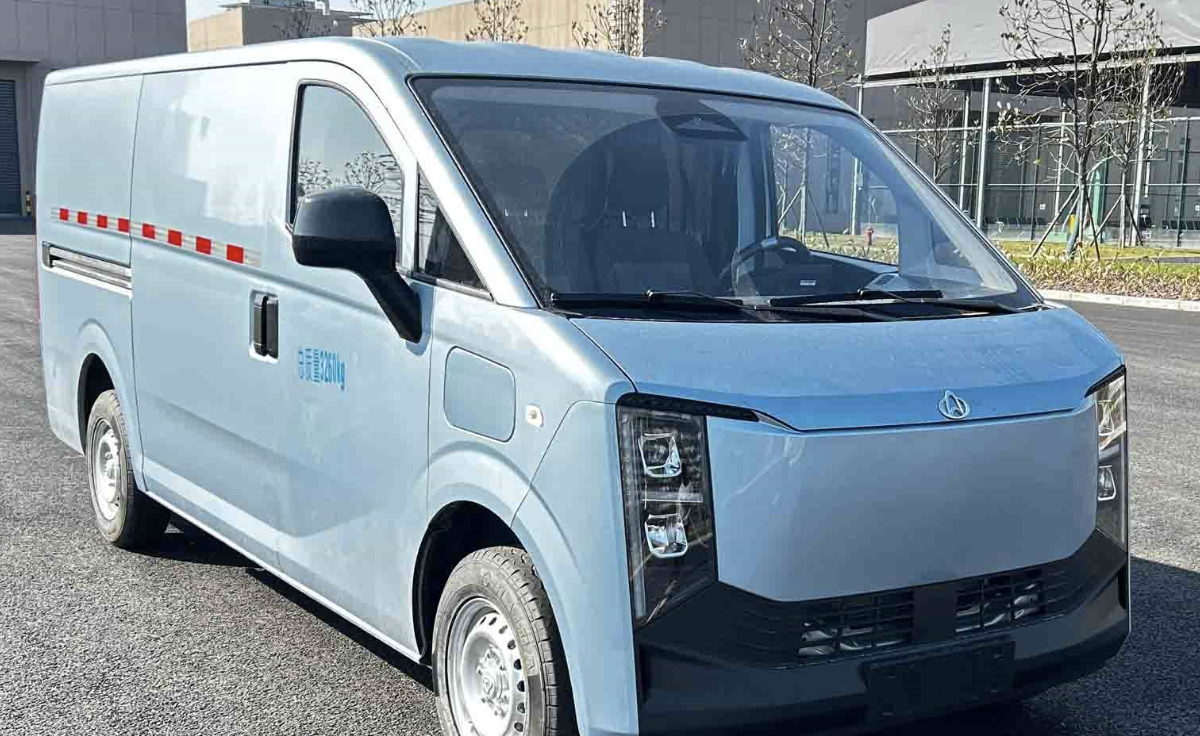On October 4th, media reports revealed that Renault Group plans to lay off 3,000 employees, primarily through voluntary departures. The layoffs will mainly affect Renault’s French headquarters and global branches, with departments such as Human Resources, Finance, and Marketing being the most impacted. An insider disclosed to the media that the layoff plan will be implemented by the end of the year, aiming to reduce the company’s salary expenditure by 15%.

In response to this news, a Renault spokesperson stated that the company is indeed discussing topics such as simplifying its structure and improving operational efficiency, primarily to optimize fixed cost expenditures. However, they emphasized that no decision has been made regarding the specific numbers or details of the layoff plan.
It is worth noting that although no official decision has been made regarding the layoffs, Renault Group had previously implemented similar measures, including job cuts and plant closures, to reduce losses and cut costs. At that time, the company announced that it would reduce global production capacity by a quarter, raising its cost reduction target to 3 billion euros. Additionally, Renault stated that it would abandon revenue and market share goals, focusing instead on operating profit margins, cash flow, and return on investment. To further reduce costs, Renault also announced that it would lay off 14,600 employees worldwide over the next three years. Thanks to these measures, Renault’s performance improved in the 2024 fiscal year.
Data shows that in the 2024 fiscal year, Renault Group’s revenue reached 56.2 billion euros, up 7.4% year-on-year. Operating profit hit a record 4.263 billion euros, up 3.5%, with an operating profit margin of 7.6%. Net income was 2.8 billion euros, up 21%. In the first half of this year, Renault Group’s revenue was 27.64 billion euros, a 2.5% increase year-on-year. The automotive business generated 24.49 billion euros in revenue, up 0.5%, with an operating profit of 1.653 billion euros, or 6.0% of revenue. The automotive business’s operating profit was 989 million euros, and net profit reached 500 million euros (excluding Nissan’s impact). In terms of sales, Renault Group’s global sales in the first half of 2025 reached 1.1698 million units, a 1.3% increase year-on-year. The Renault brand alone sold 808,000 units globally.
However, since the beginning of this year, Renault has faced increasing pressure due to a sluggish European market and intensified competition from domestic car manufacturers. In July, the company issued a profit warning and downgraded its annual performance forecast. The expected operating profit margin was lowered from at least 7% to around 6.5%, with the expected full-year free cash flow revised down from the previously forecasted 2 billion euros to between 1 and 1.5 billion euros. Additionally, the day before the performance downgrade, Renault made a personnel adjustment, appointing the Group’s CFO Duncan Minto as interim CEO, replacing the former CEO Luca de Meo. On July 31, Renault officially appointed Luca de Meo’s successor, Fabrice Cambolive, as CEO of Renault Group, who will continue to handle partnerships and public affairs.
According to the official plan, the company will launch 7 new models and 2 facelifts this year, including the all-electric Renault 4 E-Tech for the European market, Dacia Bigster, Alpine A390, Boreal, Renault Austral, Espace, and others. The Renault brand will also introduce the Grand Koleos and Kardian in various countries to meet market demands for fuel vehicles, hybrid models, and electric cars.


